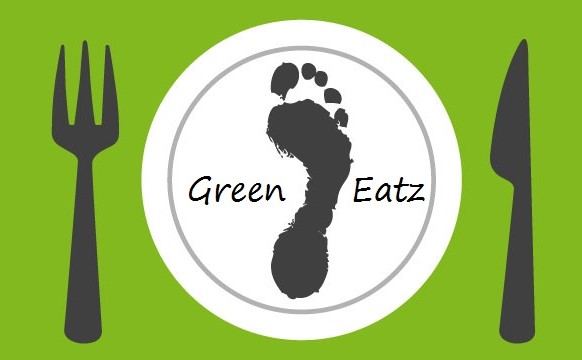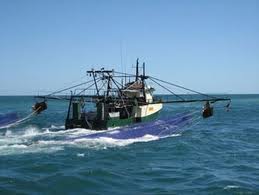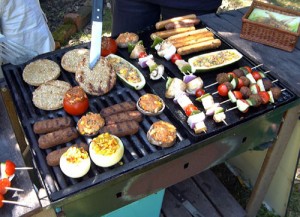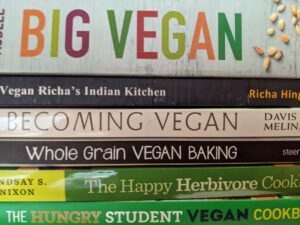It is disappointing that the Aussie Earthhour website is promoting barbecues as a way to celebrate Earthhour. Most people associate BBQs with cooking meat and fish, yet livestock production is a massive contributor to global warming and fish stocks are being decimated by over-fishing.
Some facts to ponder… turning off ten conventional 100W light-bulbs for one Earthhour saves 0.431kg of carbon dioxide emissions, turning off ten low energy 18w light-bulbs saves 0.075kg of CO2 but eating 1kg of vegetables rather than an 8oz steak saves 7.26kg of CO2.
Have a read on and find out some interesting environmental and health issues linked to barbecues.
Barbecues: Best Fuel
The top four options in Australia are gas, electricity, LPG (propane) or charcoal. The majority of electricity in Australia is produced by coal and gas-powered stations, and contributes a whopping 55% of the total greenhouse emissions for the whole country. So no-one can say that electricity is a good environmental option unless you have a solar or wind-powered supply!
Natural gas and LPG are both sourced deep underground and when they are introduced into the atmosphere cause a net addition to the world’s greenhouse gases. Lump charcoal is basically charred wood that emits soot and carbon monoxide whereas briquettes are made from waste sawdust that can give also off nasty cancer-causing chemicals. A recent study showed that charcoal had a carbon footprint three times that of LPG. Charcoal also contributes to deforestation as it is made from chopped-down trees that are then burnt slowly underground. This is a major contributor to air pollution in Africa where over 1.5 million people die per year from respiratory disease caused by wood fire and charcoal pollution.
As you can see, there is no easy answer! The only plus side is that barbecuing is a relatively efficient method of cooking so you may use less fuel than if you cooked a meal indoors.A green solution is to use solar-powered barbecues! These are available in the States and there is talk of bringing them down under…if anyone knows how to get hold of one please post in comments!
Throw another prawn on the barbie!
Everyone in the Western world seems to know that old cliche about Aussies. But the bad news is that prawn-trawling is the most energy-intensive fishing method in the world. Prawns live on the sea-bed so you have to drag a kilometre- long net along the sea-floor attached to 15 tonnes of weights to catch them. This uses masses of energy and a typical 10-day trip produces 37 tonnes of carbon dioxide.
Prawn farming contributes to 50% of the clearance of coastal mango wetlands and those hungry carnivorous prawns need 2kg of other fish to produce 1kg of prawns! Another very energy-intensive fact is that many prawns caught and sold in Australia are shipped to China and back for de-shelling.
Worldwide, 80% of the marine fish stocks are overexploited with 50% in imminent danger of complete collapse. Many species are in danger of becoming extinct and the whole marine ecosystem is under severe stress. Australia does have a good record in marine preservation but there are still many species that are not fished in a sustainable way. Look at Thanks for All the Fish to find out which fish are the best to eat from an environmental aspect.
Barbecues: Steaks, Burgers and Sausages?
Livestock farming and production in Australia accounts for around 30% of its total greenhouse gas emissions. Beef production is the largest contributor to that, with a massive 31kg of carbon dioxide-equivalent emitted per kilo of beef produced. Lamb is still a major CO2 emitter at 25kg per kilo produced, whereas pork and poultry are much lower at 5.3 and 2.1 kg respectively. Of course, the most eco friendly option is fruits and vegetables at an average of 0.49 kg per kilo. In 2006, the average Australian consumed around 110 kilos of meat per annum, which is a significant factor in Australia’s position as one of the highest contributors to global warming on a per capita basis.
Look at Food’s Carbon Footprint page to see how you can reduce the carbon footprint associated with the food you eat.
Barbecues: Good for Health?
The bad news is that barbecuing meat and fish produces two nasty chemicals that are associated with increased cancer risk. Heterocyclic amines or HCAs are formed when meat or fish is cooked at high-temperature especially when charred, whereas polycyclic aromatic hydrocarbons (PAHs) are produced in the fats that drip directly onto the heat source. Both HCAs and PAHs are released in barbecue smoke and build up within the meat itself, so breathing in the smoke and eating the charred meat gives you a double dose! And if you are using charcoal or wood, there is the extra hazard of soot particles and added chemicals going up your nose.
You can reduce your exposure by keeping away from the smoke, pre-cooking the meat, turning meat often, not exposing meat to naked flame and not eating charred meat or fish. Of course the best way is to cook veggies instead as these chemicals are not formed when barbecuing vegetables.
The other big health issue that has a more immediate and dramatic effect is that of food poisoning. In 2005, Australia had 5.4 million reported cases of food poisoning of which 11% were attributed to home cooking. Have a look at this Safe Cooking web-page for some practical advice on reducing your risk of catching a tummy bug.
Barbecues: Green, Healthy Options
- avoid charcoal and briquettes as fuel
- use mainly barbecued vegetables
- avoid prawns
- only use fish that is caught sustainably
- do not barbecue beef or lamb
- use pork and chicken in moderate amounts
- take action to reduce exposure to HCAs and PAHs
- always follow food safety guidelines
If you want some ideas on how to cook a delicious, vegetarian barbecue, the Vegetarian Network Victoria has some great recipe ideas such as Marinated Tofu Kebabs and Stuffed Zucchini.
Read Vegetarian Nutrition for ways to reduce your meat and dairy consumption.
And please add your comments! What are your thoughts on Earthhour? Would you give up meat to help save the planet? Do you agree with the proposed Australian carbon tax?









